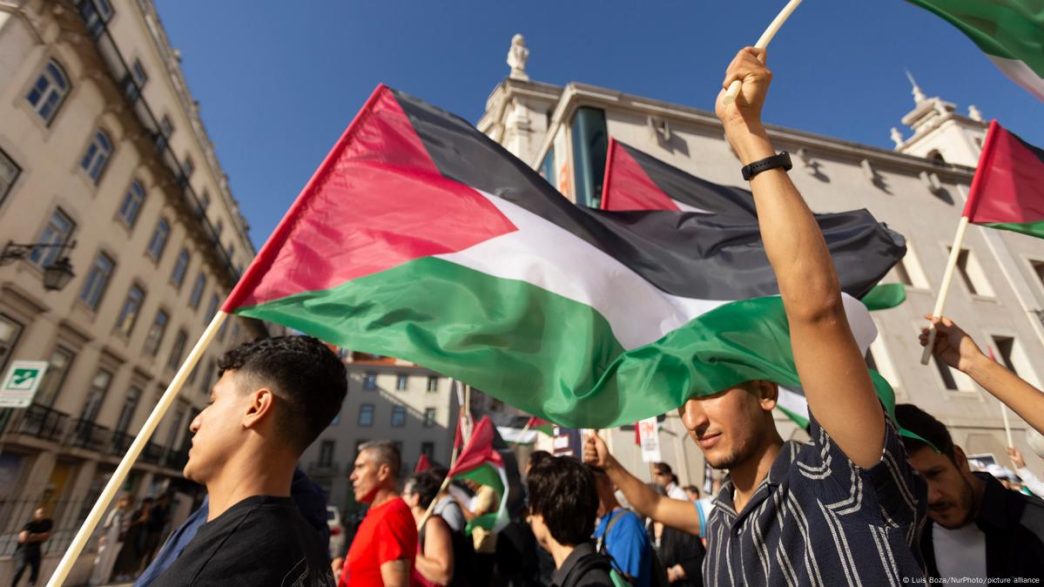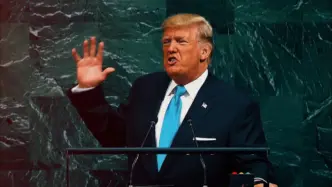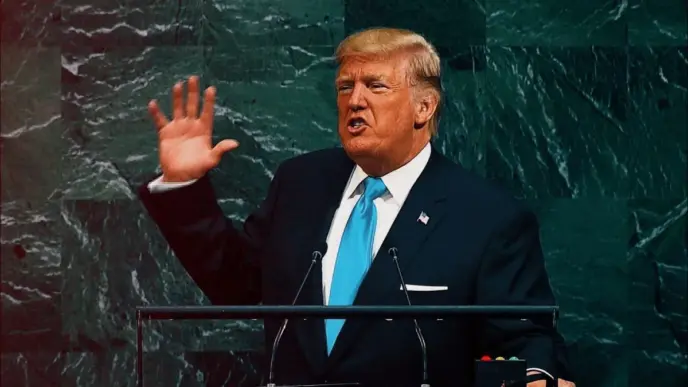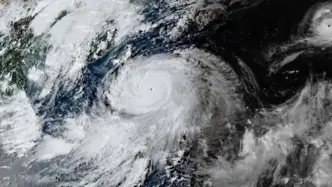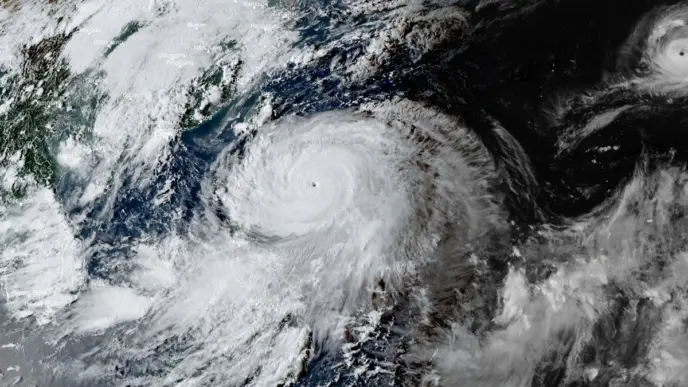A significant number of European nations now acknowledge the State of Palestine, following formal announcements made in New York on Monday by countries including France, Belgium, Luxembourg, and Malta, after nearly two years of conflict in Gaza.
This overview summarises the diplomatic recognition of the state, which was proclaimed unilaterally by the Palestinian leadership in exile in 1988.
Israel currently occupies the West Bank, while the Gaza Strip is mostly devastated.
Which Countries Recognise Palestine?
On Monday, six European nations—France, Belgium, Luxembourg, Malta, Andorra, and Monaco added their names to the list through statements at the UN. Just a day earlier, the United Kingdom and Canada became the first G7 nations to recognise Palestine, with Australia and Portugal also joining them.
Russia, alongside all Arab nations, nearly all African and Latin American countries, and most Asian states, including India and China are already part of that list.
Algeria was the first country to officially recognise a Palestinian state on November 15, 1988, just moments after the late Palestine Liberation Organisation leader Yasser Arafat declared an independent Palestinian state unilaterally.
In the following weeks and months, many other countries followed suit, and a further wave of recognitions occurred in late 2010 and early 2011.
The Israeli military operation in Gaza, which began as a result of an unprecedented attack by the Palestinian militant group Hamas on Israel on October 7, 2023, has led to an additional 19 countries recognising the state.
However, the Trump administration, like its Israeli counterpart, maintains that recognition essentially rewards Hamas for the attack.
Who Does Not Recognise Palestine?
At least 39 nations, including Israel, the United States, and some of their allies, do not recognise the Palestinian state. Israeli Prime Minister Benjamin Netanyahu’s administration firmly opposes the notion of a Palestinian state.
Among Asian countries, Japan, South Korea, and Singapore are included in those that do not recognise Palestine. Countries like Cameroon in Africa, Panama in Latin America, and most nations in Oceania also do not recognise it.
Until recently, Europe was the most divided region regarding this issue, with only Turkey and the former Soviet bloc countries extending recognition to Palestinian statehood until the mid-2010s.
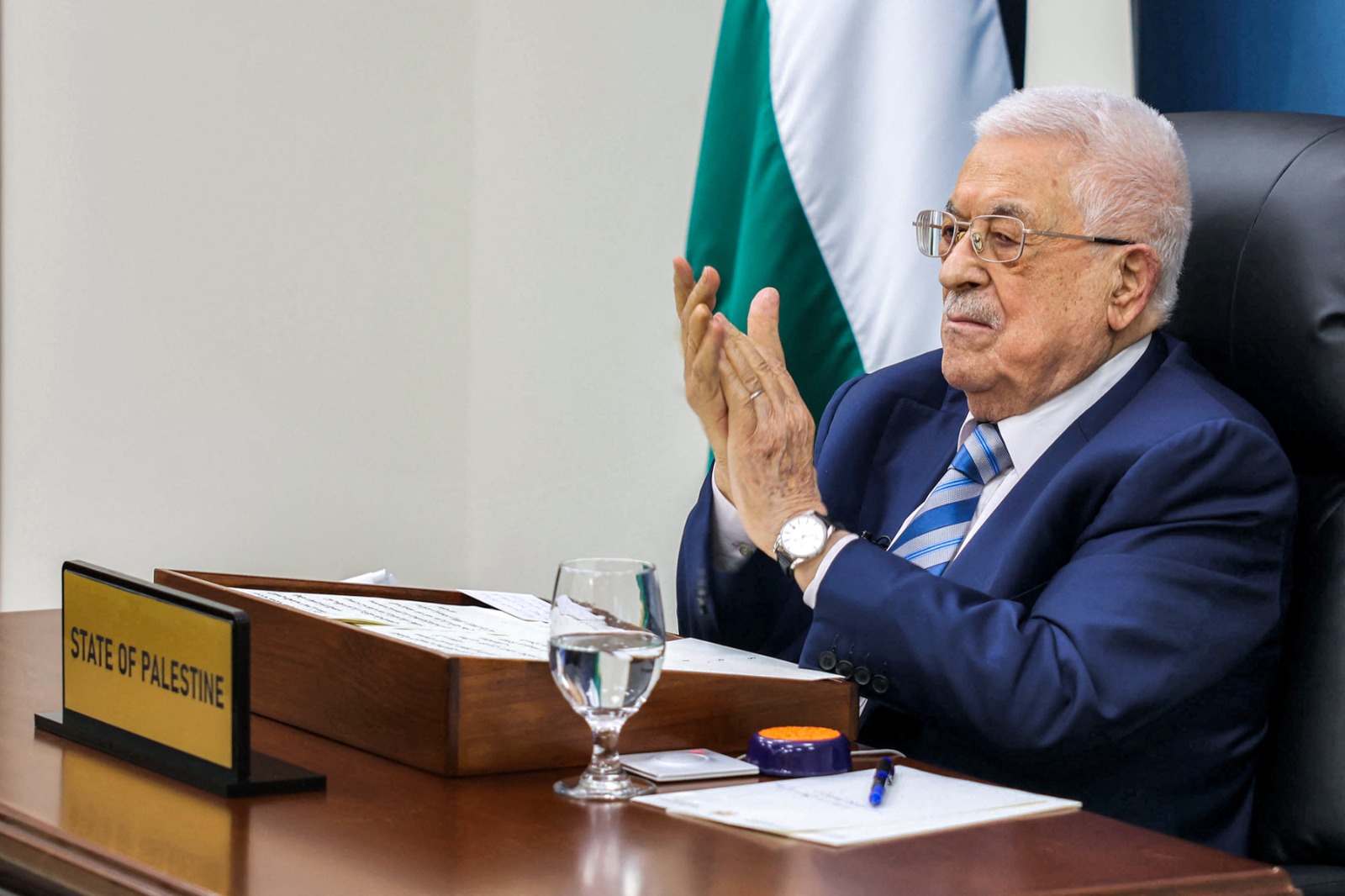
Some former Eastern Bloc countries, such as Hungary and the Czech Republic, continue to withhold recognition at a bilateral level.
Western and Northern Europe were historically united in their rejection of recognition, except for Sweden, which extended recognition back in 2014. However, the conflict in Gaza has changed this dynamic, with Norway, Spain, Ireland, and Slovenia following Sweden’s lead in 2024, along with the recent additions.
Italy and Germany have no plans to recognise a Palestinian state.
What Does Recognition Mean?
The State of Palestine exists paradoxically. It possesses a considerable degree of international recognition, maintains diplomatic representations abroad, and has teams that participate in sporting events, including the Olympics.
However, due to the longstanding conflict with Israel, it lacks internationally recognised borders, a capital, and an army. Because of Israel’s military occupation of the West Bank, the Palestinian Authority, established as a result of peace agreements in the 1990s, does not fully control its land or populace. Gaza, where Israel also exerts control, is currently enduring a catastrophic conflict.
Given its status as a quasi-state, recognition is primarily symbolic in nature. It embodies a strong moral and political signal but will effect minimal change on the ground.
Yet, the territory formerly known as Palestine, which Britain governed under a League of Nations mandate from 1922 to 1948, has long been seen as unfinished global business.
Israel was established in 1948, but attempts to create a corresponding state of Palestine have repeatedly stalled.
Romain Le Boeuf, a professor in international law at the University of Aix-Marseille in southern France, described recognition of Palestinian statehood as “one of the most complicated questions” in international law, “a little like a halfway point” between the political and legal.
“Recognition does not mean that a state has been created, no more than the lack of recognition prevents the state from existing.” He said.


 Trending
Trending 

